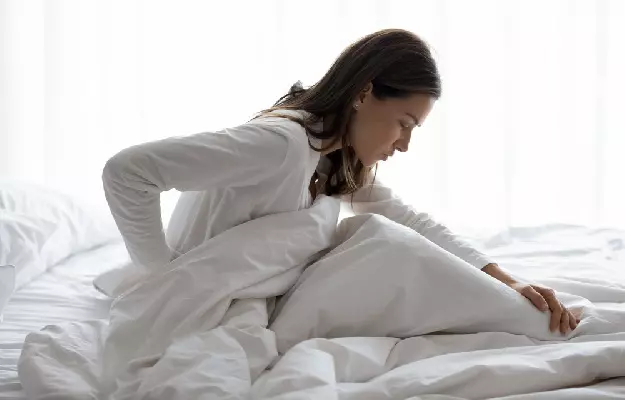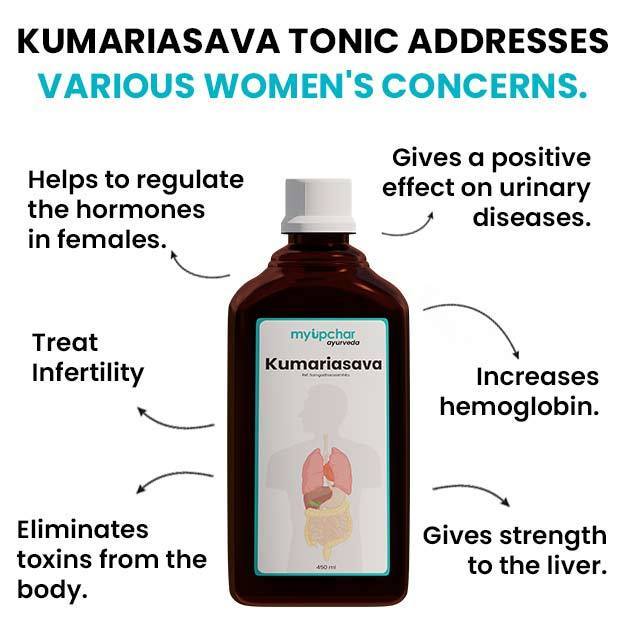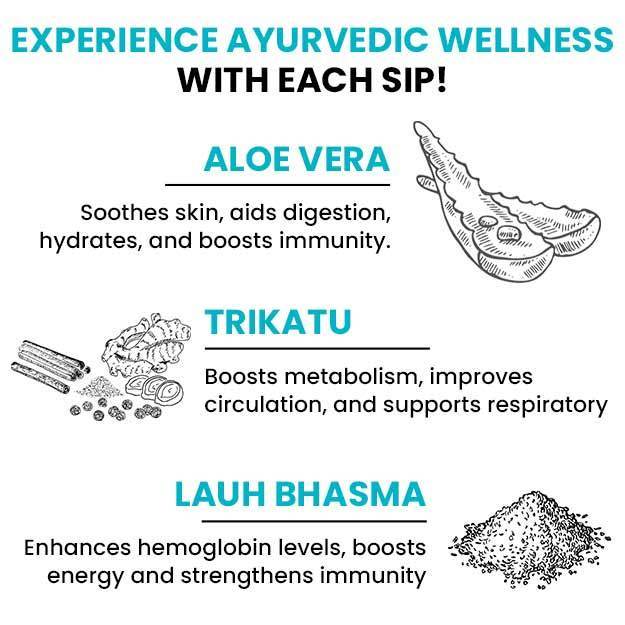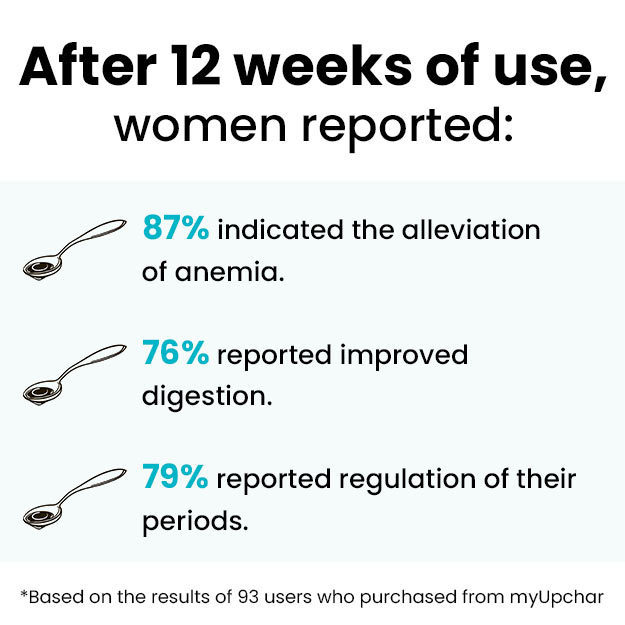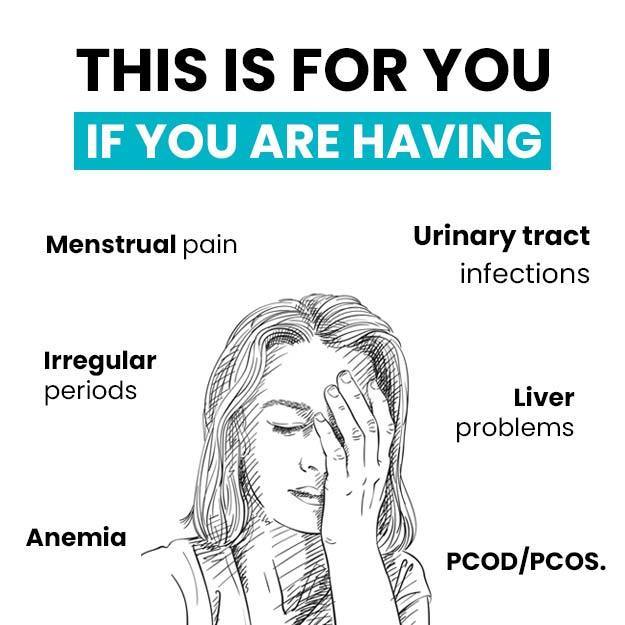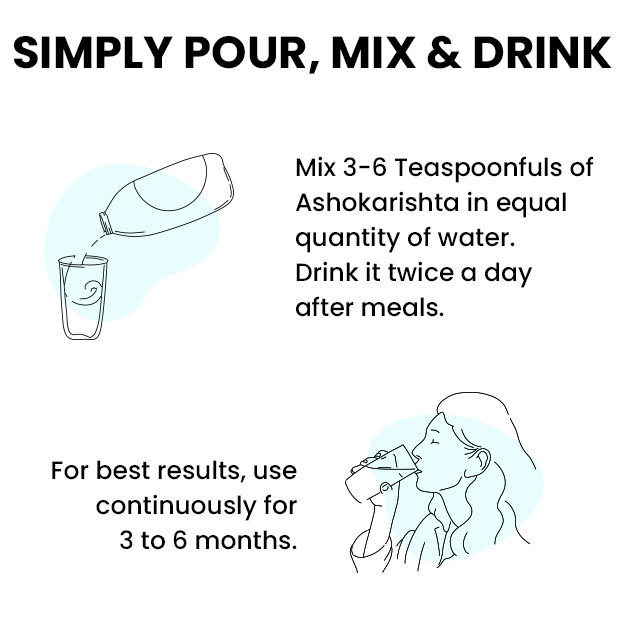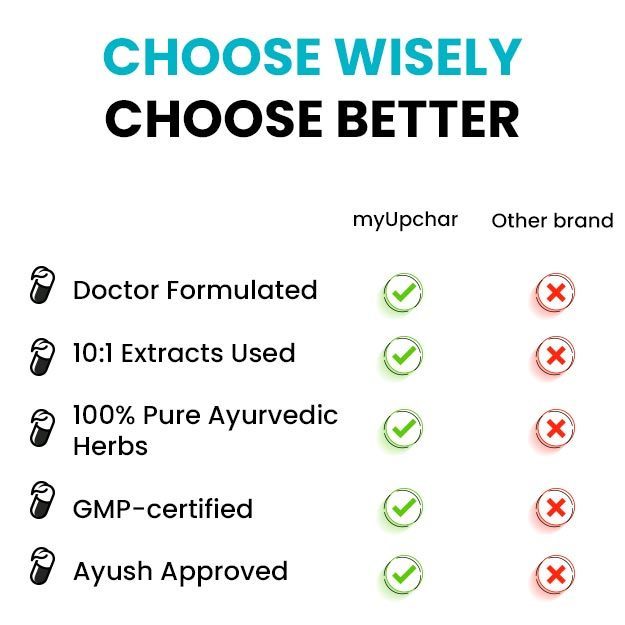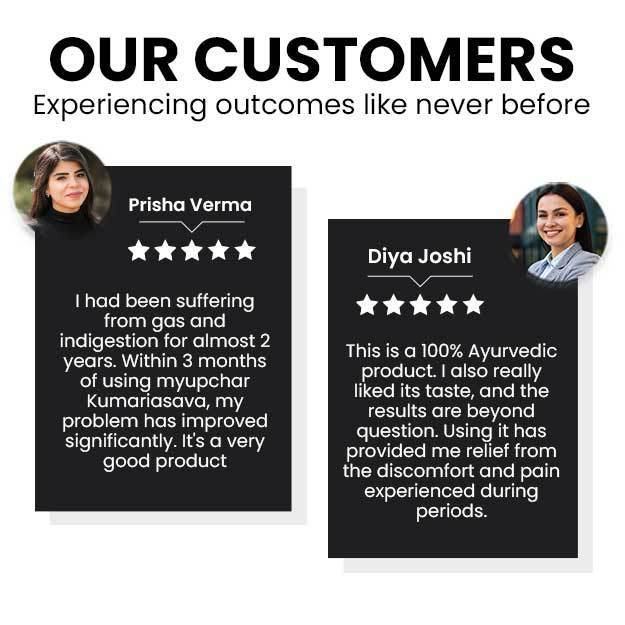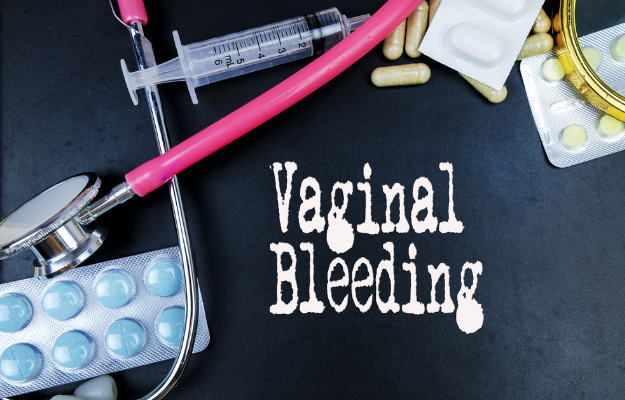Sometimes cramps after menstruation are not serious. But if you have persistent pain due to cramps that continues even after your menstrual cycle, it could be a sign that you have another problem. Here are the possible causes of cramps after menstruation:
Endometriosis
Endometriosis is a condition that occurs when cells similar to the lining of the uterus begin to grow outside the uterus. This can cause painful cramps before, during, and after your menstruation. Cramping may also be accompanied by swelling and pelvic pain. The pain can be severe and may occur during or after sex or during bowel movements or urination. This pain can be felt in the lower back. Symptoms of endometriosis include:
Endometriosis can be treated with medication, hormone therapy, or surgery.
Adenomyosis
Adenomyosis is a condition caused by abnormal tissue growth. Instead of forming into the lining of the uterus, the tissue grows into the muscular wall of the uterus. Symptoms include:
Adenomyosis can be treated with medications. In severe cases, it may be treated with hysterectomy.
Read more - (Menarche (First Period))
Pelvic Inflammatory Disease
Pelvic inflammatory disease (PID) is caused by a bacterial infection in the female reproductive organs. These bacteria can spread from the vagina to the uterus, ovaries, or fallopian tubes. PID has no symptoms or only mild symptoms. Symptoms may include:
PID can be treated with antibiotics. Since PID is often caused by a sexually transmitted infection (STI), the STI must be treated.
Uterine Fibroids
Uterine fibroids are noncancerous tumors that form on or inside the uterus. Women with fibroids often do not have any early symptoms. Symptoms of uterine fibroids are affected by the location, size, and number of fibroids. Symptoms include -
Back Pain Or Leg Pain
Fibroids can be treated with medication, medical procedures, or surgery.
Ovarian Cyst
Cysts that form inside the ovaries can also cause bleeding and cramps after menstruation. Most ovarian cysts heal naturally without any treatment. However, larger cysts may cause lower abdominal pain. This may also make your stomach feel full, heavy or bloated. Ovarian cysts can be treated with medicine or surgery.
Cervical Stenosis
Cervical stenosis occurs when the opening of the cervix is small or narrow. This stops menstrual flow and can cause painful pressure in the uterus. Cervical stenosis can be treated with medicine or surgery.
Ectopic Pregnancy
Ectopic pregnancy occurs when a fertilized egg attaches outside the uterus. Symptoms of ectopic pregnancy may start like a normal pregnancy. The following symptoms may develop:
- Abnormal Uterine Bleeding
- Severe Sharp Pain In The Lower Abdomen Or Pelvic Area
- Twitch
- Shoulder Pain
If the fallopian tube bursts, there will be heavy bleeding. This may be followed by dizziness, fainting and shock. If you are seeing such symptoms then definitely talk to your doctor. Ectopic pregnancy can be treated with medicine or surgery but can be serious in some cases.
Read more - (Periods diet)


